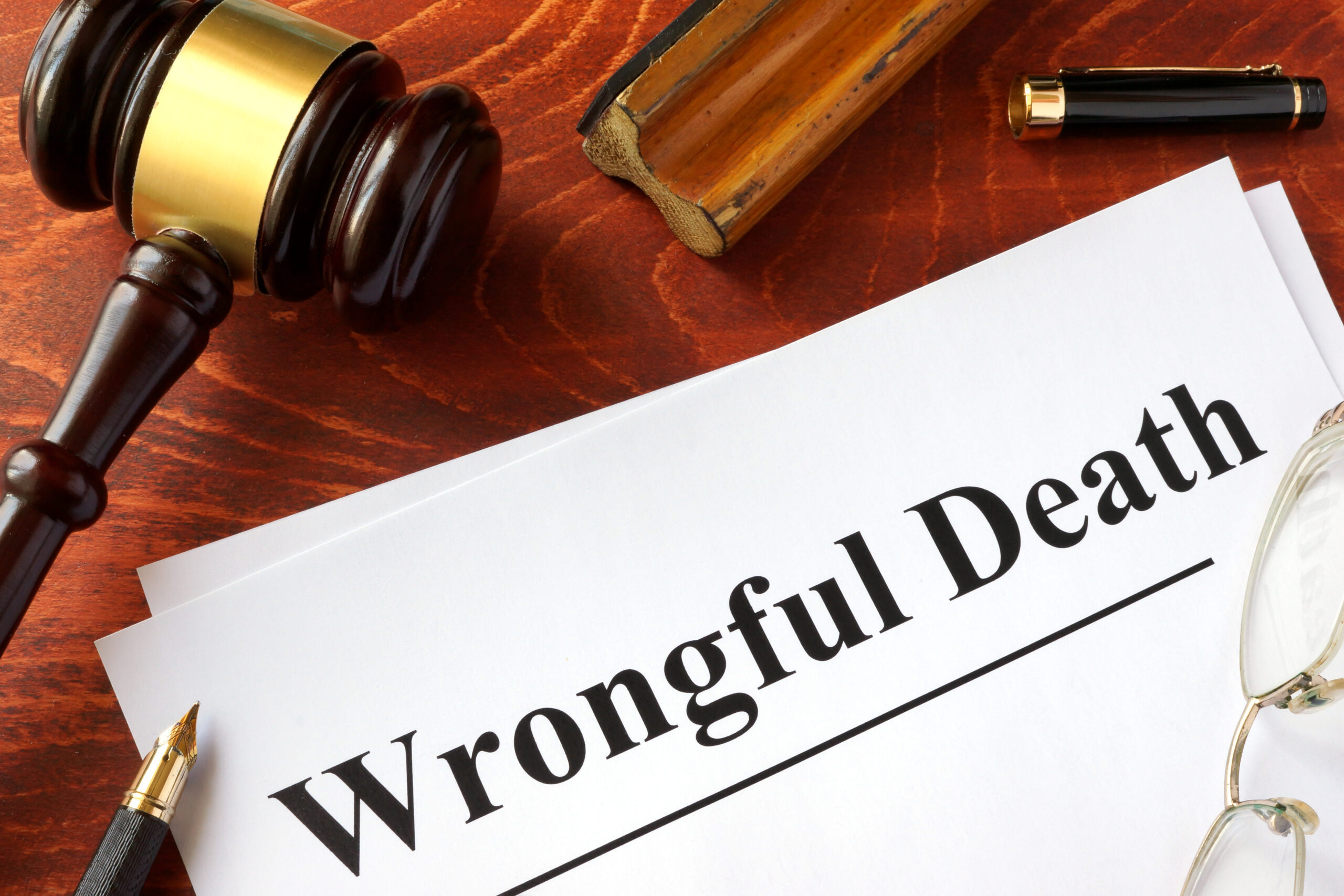Massachusetts Supreme Court to Consider Nursing Home Arbitration Agreements in Wrongful Death Claims

Photo Credit: designer491 / Shutterstock.com
In an important decision for Massachusetts wrongful death claims, a federal appellate court asked the Massachusetts Supreme Court to consider whether wrongful death claims brought by the decedent’s heirs can be bound by an arbitration agreement signed by the decedent or by someone else on the decedent’s behalf.
According to the court’s opinion, the resident was admitted to a nursing home, and upon her admission, her daughter signed an arbitration agreement on her behalf. The agreement stated that it was not required for admission to the facility and that the agreement could be revoked within 30 days of signing it. The agreement stated that any dispute covered under the agreement must be resolved through alternative dispute resolution, which includes mediation, and if not successful, arbitration. The agreement further stated that it applied to the resident, as well as, to any person “whose claim is or may be derived through or on behalf of the Resident, including any next of kin, guardian, executor, administrator, legal representative, or heir of the Resident, and any person who has executed this Agreement on the Resident’s behalf.”
After her mother’s death, the daughter brought a wrongful death claim as a personal representative of her mother’s estate. The nursing home sought to compel arbitration of the wrongful death claim brought by the representative of a resident who died at the facility. The daughter argued that her wrongful death claims were not subject to the agreement to arbitrate because a beneficiary’s claims are independent of the decedent’s claims. The nursing home argued that beneficiaries of wrongful death claims in Massachusetts are derivative of the decedent’s wrongful death claim, and therefore, the agreement to arbitrate is binding on the derivatives.
The issue on appeal was whether the daughter was bound by her mother’s agreement to arbitrate. The federal appeals court determined that the issue depends on the state’s characterization of wrongful death claims. The court explained that there is no controlling precedent that answers the question and that it was not clear what the state court would do. Therefore, the appeals court certified the issue to the Massachusetts Supreme Judicial Court (SJC), in effect asking the SJC to take up the question and make a decision.
What the Decision Will Mean for Massachusetts Nursing Home Cases
Many nursing homes have residents sign admission agreements when they enter their facilities. These agreements often protect nursing homes by allowing them to decrease the costs of litigation and, in some cases, secure a more favorable forum. Some agreements are not enforceable for one reason or another. However, for agreements that are enforceable, this decision of the state’s supreme court will decide whether those agreements will be binding on a resident’s heirs in a wrongful death case.
Contact a Personal Injury Attorney
If you or a loved one has been injured and believe someone else may be at fault, you may be entitled to compensation for your damages. Neumann Law Group provides experienced legal representation in Massachusetts wrongful death claims, slip-and-falls, motor vehicle crashes, and other types of personal injury and premises liability claims. The Neumann Law Group can help you by developing a strategy that is tailored to your situation. Contact attorney Kelly Neumann at 1-800-525-NEUMANN (800-525-6386) or fill out our online form to arrange a free consultation.
See Related Posts:
Court Determines Germany Manufacturer May Be Liable in Massachusetts for Workplace Injury Case, Massachusetts Injury Lawyer Blog, February 22, 2019.
Massachusetts Supreme Court Rejects Late-Filed Claim Despite Plaintiff’s Lack of Knowledge, Massachusetts Injury Lawyer Blog, March 13, 2019.



